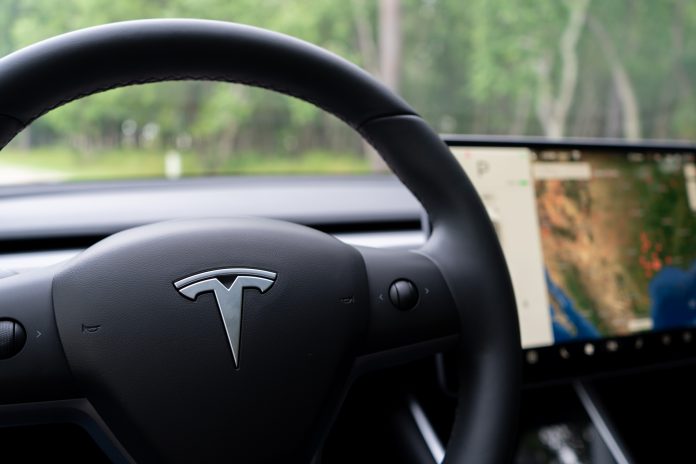Tesla failed to persuade an administrative judge to dismiss the California Department of Motor Vehicles (DMV) claims that the company overstated its self-driving capabilities. The DMV alleges that Tesla made false statements about its Autopilot and Full Self-Driving (FSD) features, leading customers to believe that these systems are more advanced than they actually are.
This ruling, issued on Monday, follows a recent federal court decision in San Francisco that Tesla must face a proposed class-action lawsuit by consumers making similar allegations. While neither ruling addressed the merits of the claims, they mark significant setbacks for Tesla as CEO Elon Musk has heavily invested the company’s future in autonomous driving technology.
Musk has repeatedly emphasized Tesla’s commitment to autonomy, declaring in April that the company is “going balls to the wall for autonomy” and introducing a new self-driving vehicle concept called the robotaxi. Despite Musk’s assertions and customers paying thousands for the FSD feature, FSD still requires constant driver supervision and does not make vehicles fully autonomous.
In addition to the DMV case, Tesla is under federal investigation for potential Autopilot defects contributing to fatal crashes and possibly misleading claims about the feature. Federal prosecutors and the Securities and Exchange Commission (SEC) are conducting these investigations.
During a hearing on Friday, Tesla’s attorneys argued that their marketing statements about self-driving capabilities are not misleading due to numerous disclosures requiring driver supervision. They contended that describing the vehicles as having full self-driving “capabilities” indicates future potential for autonomy after software updates, not current functionality.
Administrative Law Judge Juliet Cox rejected Tesla’s argument to dismiss the case, siding with DMV attorney Greg Call. Judge Cox ruled that Tesla didn’t demonstrate that the DMV would be unable to present relevant evidence, allowing the case to proceed to a hearing later this year.
This ongoing scrutiny is critical for Tesla as it navigates the complex regulatory landscape surrounding autonomous vehicle technology.





